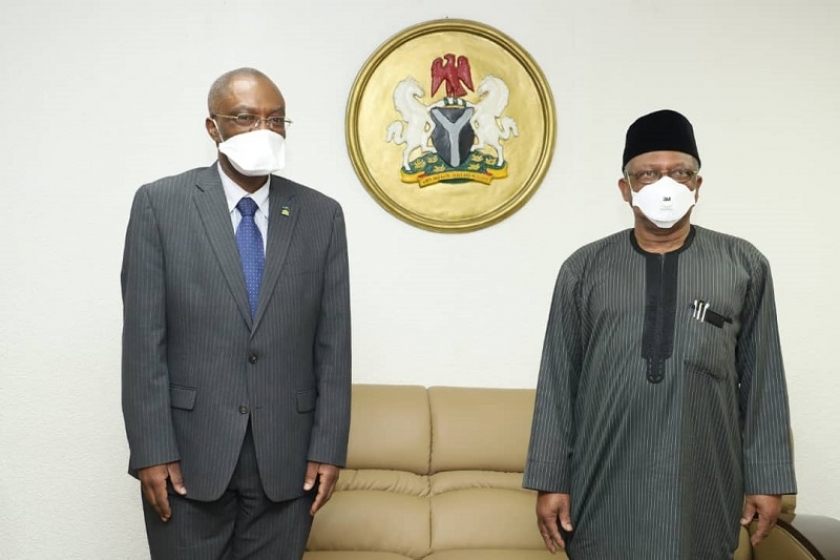The World Health Organization (WHO) has called on the government to increase funds allocated to healthcare as the country’s population continues to rise. Speaking during a meeting with journalists, Walter Mulombo, the WHO country representative, emphasized that healthcare should not be regarded as a political choice.
Mulombo stated that inadequate funding of the healthcare system is a significant challenge, noting that the proposed 15 percent government budget on health has not been achieved. He further added that Nigeria allocates more funds to defense and other areas while health sector lacks. According to him health services should not be considered a luxury or other consumables but should be considered a human right.
Mulombo further explained about the Nigeria Government failure to meet the 2001 agreement by the Africa Union leaders on allocating 15% of its total budget to health, “In Nigeria where a proposed target was set that 15 percent of the total government budget should go to health, until today, we are still far from achieving the target,” Mulombo said.
According to reports countries Rwanda and South Africa have met the commitment by allocating at least 15 per cent of their total budgets to health, Nigeria government is yet to do so. A review of the budgetary allocation to the health sector in the last 21 years revealed that Nigeria has never met the 15 per cent target agreed upon in the Abuja 2001 Declaration.
Although the 5.75 percent allocated to health in the 2023 budget is an increase from the 4.7 per cent allocated in 2022, it is still very short of the 15% agreed in the 2001 African Union leaders declaration.
Mr Mulombo expressed his concerns over the poor standard of hospitals, stating that healthcare facilities used in the colonial era were still being used in some hospitals. “Many countries continue to consider health as a luxury or something that is costing the government money whereas it should have been taken as an enabling factor for economic and socio-economic development,” he added.
Mulombo also stated that the country is not expending in the space of demographic transition, and the way the population is increasing, Nigeria is projected to have more than 400 million populations by 2040, 2050.
“The health body is still expecting the flu pandemic and has been preparing for it. When the COVID-19 pandemic hit the world, no country was ready, not even the U. S., UK, and yet we have international health regulations and a global health security agenda,” he said.
Mulombo emphasized the need to prepare better for the pandemic and disease civilization, stating that Nigeria’s health facilities are not prepared to face these challenges. He further said some areas where the organisation accessed showed that 80 per cent of the funding went into tertiary hospitals but primary healthcare is where 80 percent of the population in the communities get their first exposure to healthcare services.
In conclusion, Mulombo called for adequate funding of healthcare services, emphasizing the need to view healthcare as a human right and not a luxury. The WHO representative also urged the government to prioritize healthcare services as the country’s population continues to rise.



